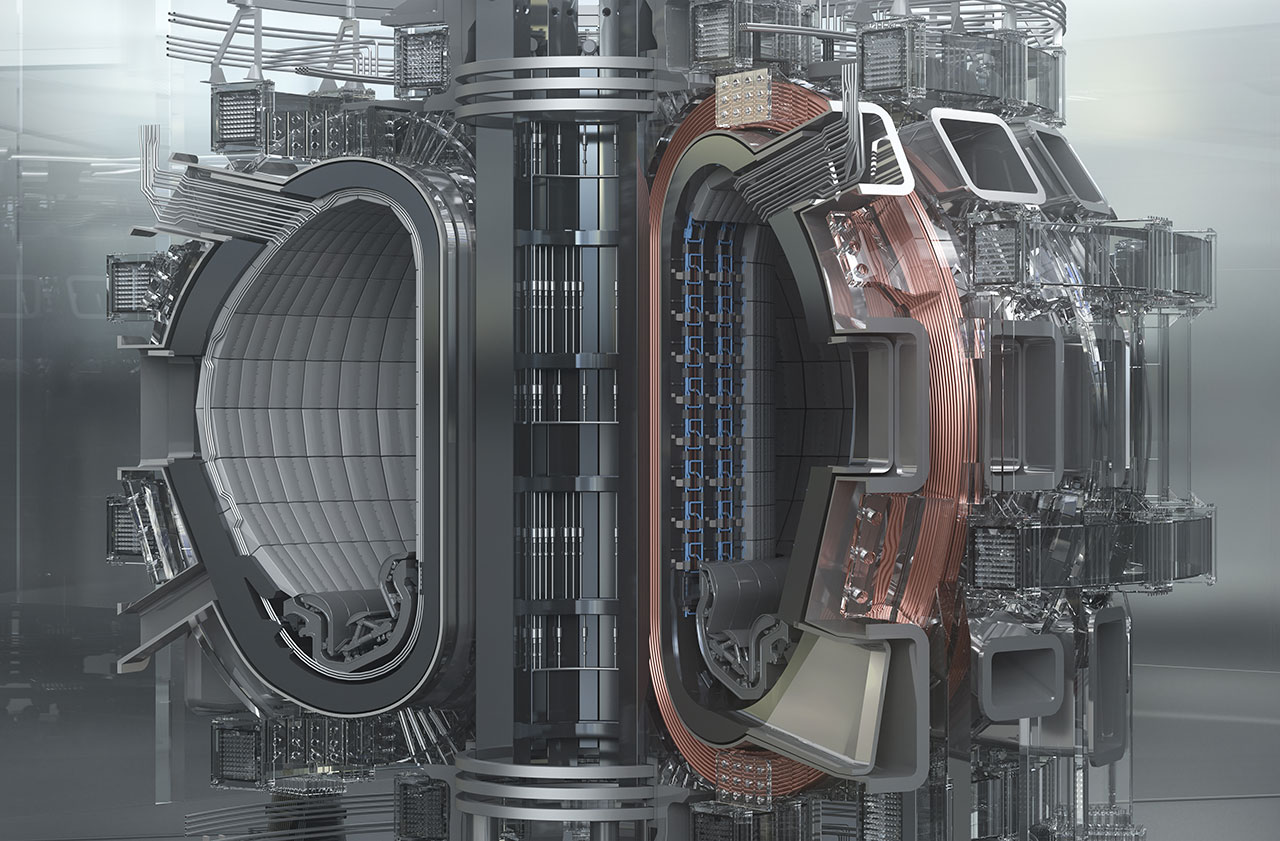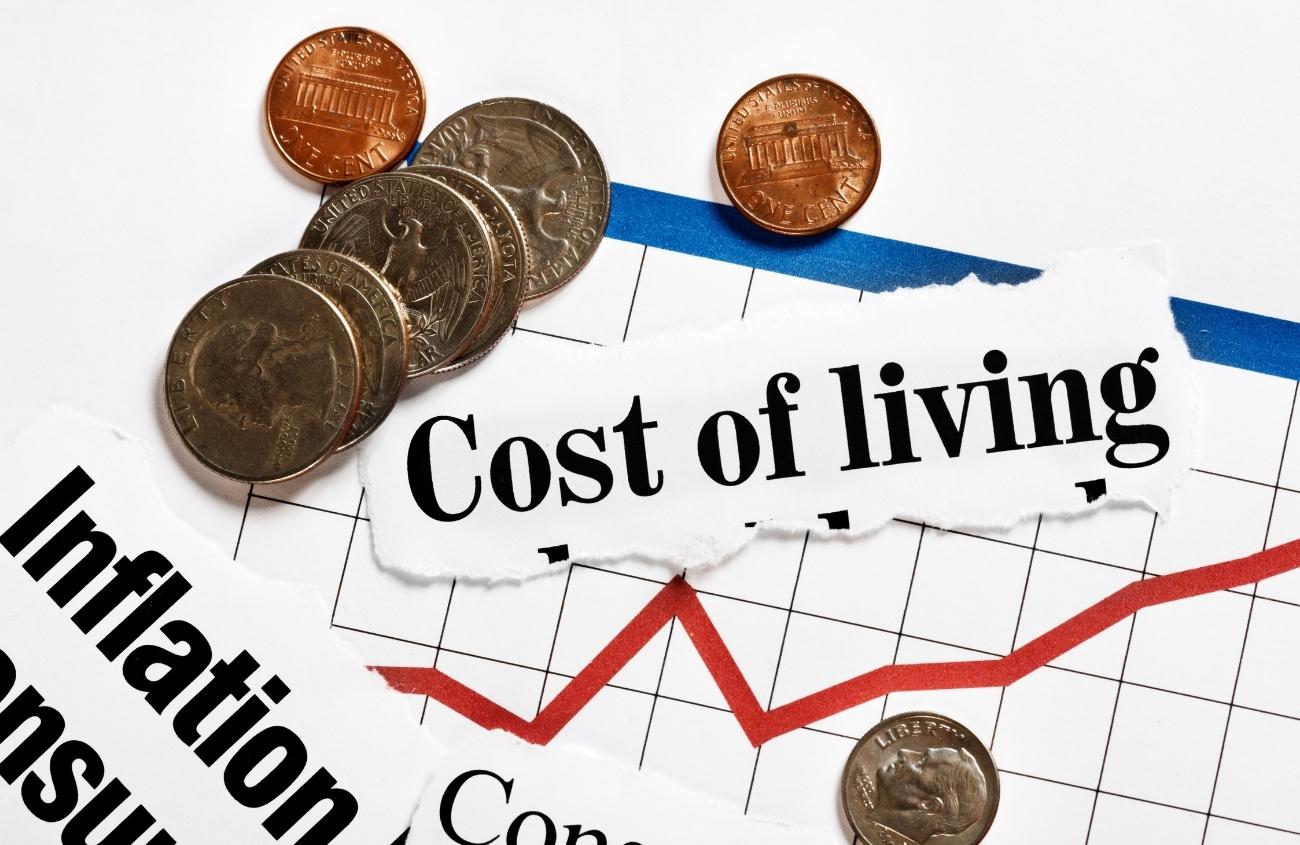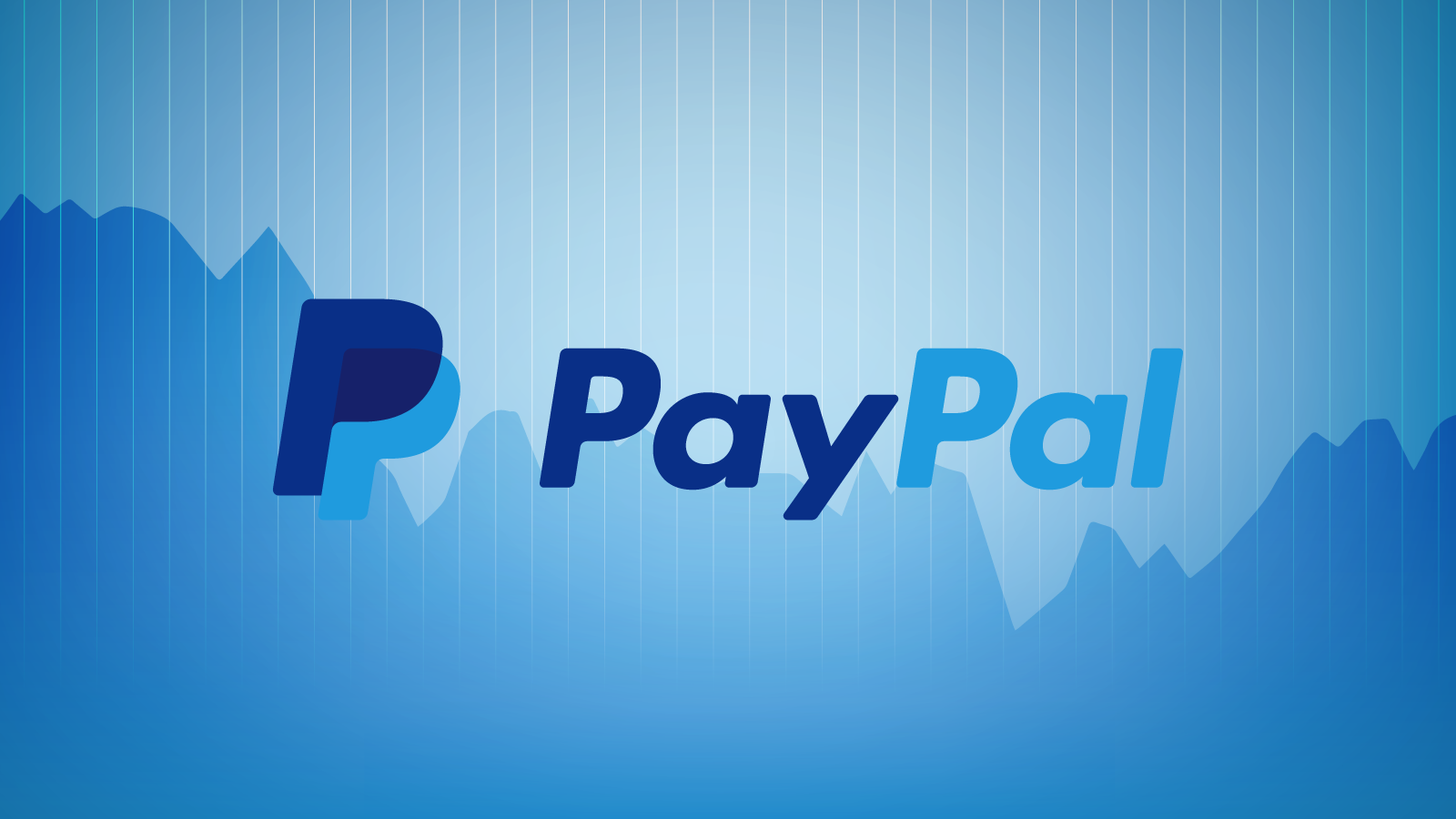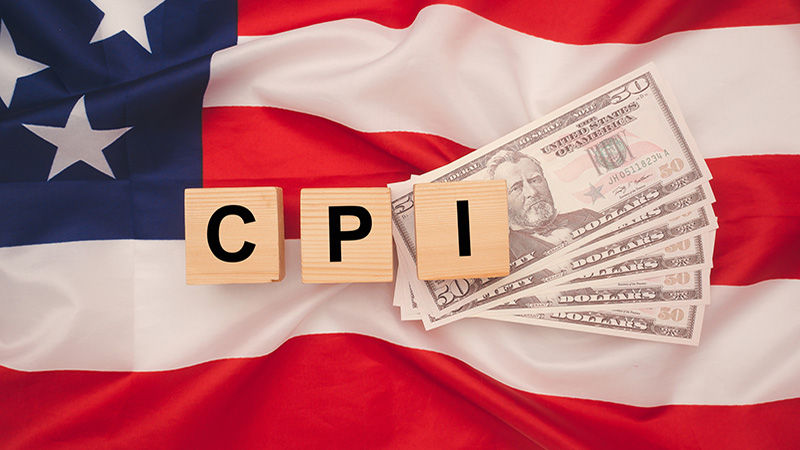Why Social Listening is Critical for Nuclear Energy Discussions

Summary
Nuclear energy remains one of the most emotionally charged and technically complex sectors in the global energy debate, where public perception often outweighs scientific facts. This article explores how social listening has become essential for industry leaders, policymakers, and energy organizations to understand real-time public sentiment, track misinformation, and engage communities proactively. Unlike traditional research, which captures static snapshots of opinion, social listening uncovers nuanced, rapidly evolving conversations across social media and forums, allowing stakeholders to detect concerns early, address fears around safety and waste, and craft targeted, empathetic communication strategies. By integrating these insights with market research, nuclear energy organizations can foster trust, shape narratives responsibly, and position themselves strategically in the transition to net-zero emissions.
Introduction
Nuclear energy remains one of the most complex and emotionally charged subjects in the global energy conversation. For decades, it has been both praised as a clean, efficient, and stable energy source and criticized for its perceived dangers, waste management challenges, and historical disasters like Chernobyl and Fukushima. The discussion around nuclear energy is therefore not just technical — it is cultural, emotional, and deeply tied to public trust.
For nuclear energy to fulfill its potential in achieving net-zero emissions and supporting grid stability, it’s not enough to innovate technologically. Industry leaders, policymakers, and energy companies must also innovate in how they communicate, listen, and engage with the public. This is where social listening plays a transformative role.
Unlike traditional research methods that offer delayed, structured insights, social listening captures real-time, unfiltered public sentiment. It reveals how narratives form, how they spread, and how they influence behavior and decision-making.
From Traditional Research to Always-On Listening
Historically, the nuclear industry has relied on formal feedback loops to gauge public opinion. Public hearings, regulatory consultations, technical reports, and carefully managed press releases have been the standard tools for communication. While useful, these methods capture only a narrow slice of sentiment — often from stakeholders who are already engaged or have strong views.
Today, more than 80% of people use online platforms to express their opinions about policy issues, environmental topics, and local developments. Platforms like Twitter (X), Reddit, YouTube, TikTok, and community forums are where opinions take shape in real time. These spaces influence not just individual opinions, but also political discourse, media framing, and community mobilization.
Always-on social listening allows stakeholders to move beyond reactive communication. Instead of waiting for formal complaints or petitions, organizations can detect shifts in public perception as they happen and engage earlier, when opinions are still flexible.
Why Social Listening Matters Across Industries
Nuclear energy discussions are shaped by a unique mix of factors — technological complexity, environmental concerns, historical fears, and political debates. Unlike other energy sectors, where opposition may be localized, nuclear skepticism often spans national or even global narratives. Social listening gives stakeholders a way to monitor these narratives with precision.
Key applications include:
- New Reactor Development: Detect concerns about safety, radiation, and emergency preparedness before they escalate into public campaigns.
- Decommissioning & Waste Management: Monitor discussions around radioactive waste storage and transport, identifying pain points early.
- Policy Debates: Track how nuclear narratives influence voting behavior, advocacy movements, and policymaking.
- Energy Transition Messaging: Understand how nuclear compares to wind, solar, and hydro in public conversations.
The advantage of social listening is its scale and speed. It can detect thousands of conversations across platforms, categorize sentiment, and identify the influencers driving narratives. This allows energy organizations to act strategically rather than defensively.
The Role of Market Research + Social Data
Market research gives structured insight into public attitudes — how many people support or oppose nuclear energy, and why. But it doesn’t capture the fluidity of digital discourse, where opinions shift quickly in response to events, news, or viral posts.
Social listening fills that gap. It captures real-time, emotional, and often nuanced conversations that traditional surveys might miss.
With RILA’s insights, organizations can:
- Detect early signals of opposition or support and act before narratives solidify.
- Identify misinformation trends and deploy rapid, credible responses.
- Map sentiment by geography and demographic group to design tailored outreach.
- Benchmark nuclear sentiment against renewables to understand competitive positioning.
- Inform community engagement strategies based on real concerns, not assumptions.
When traditional research is layered with social listening, the result is a comprehensive understanding of the landscape. It allows stakeholders to communicate not only with data, but with empathy and precision.
RILA in Action: Turning Signals into Strategy
Imagine this scenario: A government announces a plan to build a new small modular reactor (SMR) near a regional community. Within hours, social media platforms light up. Local residents debate the project’s benefits and risks. Some welcome the promise of jobs and stable energy. Others share articles — some accurate, some not — raising concerns about safety and radioactive waste.
Without social listening, organizations might not detect the shift in sentiment until formal opposition emerges. With real-time monitoring, however, they can track narratives as they form, identify key voices, and respond strategically.
RILA CORE enables nuclear energy stakeholders to:
1. Monitor digital platforms to track conversation volume, tone, and key themes.
2. Identify influential voices — both supporters and skeptics — shaping narratives.
3. Segment concerns into themes such as safety, environment, politics, and economics.
4. Deploy targeted outreach campaigns and fact-based communication strategies.
The outcome is a more balanced public discourse. Communities feel heard and informed, reducing the likelihood of entrenched opposition.
Why Early Sentiment Detection Matters
Public opinion on nuclear energy can shift rapidly, especially in response to incidents, media framing, or misinformation. Once narratives around danger or mistrust take hold, reversing them becomes extremely difficult and costly.
Early detection gives organizations the opportunity to intervene constructively. Instead of reacting to a crisis, they can shape the conversation upstream.
Benefits of early detection include:
- Building trust before opposition solidifies.
- Reducing project delays and legal risks.
- Aligning communication with real-time public concerns.
- Preventing misinformation from dominating narratives.
- Strengthening relationships with communities and regulators.
The Power of Narrative in Nuclear Energy
Unlike other energy sources, nuclear projects are often defined in the public imagination by narratives — not facts. Events like Chernobyl and Fukushima still influence discourse decades later. Media coverage, pop culture references, and online debates shape how people perceive nuclear power.
Terms like “radiation,” “meltdown,” or “nuclear accident” carry emotional weight far beyond their technical definitions. By understanding how these terms are used and discussed online, organizations can tailor messaging that acknowledges fears while providing clarity.
For example, if listening data reveals high anxiety around waste storage, communication strategies can focus on transparency in disposal methods, safety protocols, and community oversight mechanisms. Social listening transforms vague public concern into specific, actionable intelligence.
Global and Local Sentiment Dynamics
One of the unique aspects of nuclear energy sentiment is that it operates on both global and local levels. A global event — like a reactor accident in another country — can influence public sentiment even in regions thousands of miles away. At the same time, hyper-local issues such as site selection or community benefit agreements drive neighborhood-level narratives.
Social listening allows stakeholders to separate these layers. They can distinguish between fears driven by global narratives and concerns rooted in local realities. This distinction is critical for tailoring engagement strategies that resonate with different audiences.
For instance, while a national conversation might focus on nuclear’s role in net-zero goals, a local conversation may center on property values, traffic, or safety drills. Acknowledging and addressing both levels builds credibility and trust.
What This Means for Organizations
Nuclear energy can play a central role in the clean energy transition — but only if public trust is earned and maintained. Social listening provides the strategic intelligence needed to understand evolving narratives and build transparent, responsive communication strategies.
- Proactive engagement: Address misinformation and concerns early.
- Trust-building: Use empathy and facts to foster dialogue rather than confrontation.
- Strategic communication: Align technical innovation with emotional intelligence.
- Competitive advantage: Position nuclear as a credible, trusted component of the energy transition.
- Long-term resilience: Build public confidence that extends beyond individual projects.
By integrating social listening into every stage of planning and communication, nuclear stakeholders can build bridges instead of barriers.
About RILA Global Consulting
At RILA Global Consulting, we combine advanced social listening, consumer research, and AI-driven analytics to decode what communities are saying — and not saying — about nuclear energy. Our expertise in high-stakes communication, trust-building, and strategic engagement enables energy leaders to turn conversations into opportunities.
We’ve supported governments, utilities, and research institutions in understanding and shaping public sentiment around sensitive energy topics. Whether launching a new reactor, shaping policy frameworks, or engaging local communities, RILA equips organizations with the intelligence and strategies needed to succeed.
👉 Ready to understand and shape the nuclear energy conversation?
Contact us RILA Global Consulting to start driving results today.
Read More

Consumer Sentiment Report: October 2025 - How US Households Are Talking About Inflation, Value and the Cost of Living
The Consumer Sentiment Report: October 2025 reveals an America still reeling from the long shadow of inflation. Across millions of social posts, people voiced anger and exhaustion over prices that “went up and never came back down.” Families described feeling cornered by relentless costs in housing, groceries, healthcare, and utilities, with even higher earners living paycheck to paycheck. Consumers are adapting through extreme price sensitivity—embracing coupons, switching brands, and cutting non-essentials—while expressing deep skepticism toward policymakers and corporations alike. For brands and leaders, the message is unmistakable: the modern consumer demands transparency, fairness, and proof of value in every purchase.
November 8, 2025
READ MORE

Restaurant Loyalty in a Squeezed Economy: What 18.9 Million Online Conversations Showed Us
In a strained 2025 economy, 18.9 million online conversations reveals that restaurant loyalty now hinges on one question: is it worth it right now? Consumers praised QSR and pizza chains like Domino’s, Taco Bell, and Chick-fil-A for speed, deals, and perceived value, while fast-casual favorites such as Chipotle and Cava faced growing backlash over $18–$25 meals that no longer felt justified. This shift highlights a pragmatic consumer mindset where affordability, portion fairness, and speed outweigh novelty — signaling that the next wave of restaurant loyalty will be earned not through brand heat, but through clear value and everyday credibility.
November 4, 2025
READ MORE

PayPal (PYPL) Q3 Consumer Analysis: Trust, Security, and Shifting Expectations
PayPal’s Q3 narrative revealed a pivotal shift from optimism about convenience to deeper conversations about trust, transparency, and control. While total mentions and unique voices grew, discussions increasingly centered on account limitations, security holds, and dispute resolution—underscoring consumers’ desire for reliability over novelty. The rise in scam-related chatter highlighted growing vigilance, even as PayPal’s brand familiarity continued to inspire confidence. Meanwhile, challengers like Wise, Venmo, and Cash App gained momentum through their perceived advantages in speed, fees, and clarity. The result is a landscape where PayPal remains trusted but scrutinized—a symbol of digital payments maturing under consumer demand for accountability and seamless support.
October 30, 2025
READ MORE

Meta (META) Q3 Consumer Analysis: AI Friction and Privacy Concerns Shape the Conversation
Meta’s third-quarter consumer landscape paints a picture of rising visibility but waning enthusiasm. While online mentions grew nearly 10% from Q2, engagement and positivity declined as users voiced growing unease over AI automation, privacy, and platform transparency. The shift from giveaways and entertainment to deeper debates around governance and data handling signals a pivotal change in how audiences perceive Meta’s evolving ecosystem. Despite maintaining dominance in reach and integration, the company now faces a more critical public conversation—one defined by trust, control, and the uneasy intersection of innovation and intrusion.
October 30, 2025
READ MORE

CPI Insights: September 2025 — Inflation Anxiety and the Blame Game on Social Media
RILA’s analysis of over 16 million U.S. social media conversations surrounding the September 2025 CPI report uncovers a nation grappling with economic fatigue and distrust. Beyond rising numbers, Americans see inflation as a symptom of systemic policy failure — with blame falling heavily on government spending, immigration costs, and tariffs. Healthcare, housing, and education top the list of pain points, symbolizing structural failures that go far beyond temporary price spikes. The public mood is overwhelmingly negative, marked by anger, blame, and a sense of entrapment as consumers feel policy decisions — not just market forces — are eroding their economic stability and future prospects.
October 27, 2025
READ MORE

Early Holiday Spending Sentiment in October: How Consumers Are Feeling
As the 2025 holiday season approaches, consumer conversations reveal a fascinating mix of optimism and caution. While inflation and economic pressures weigh heavily on many households, shoppers are prioritizing meaningful experiences and emotional value over discounts and mass-market products. Parents, in particular, are determined to make the holidays special for their children, even if it means turning to flexible payment options like buy now, pay later or adjusting travel plans toward affordable domestic trips. The overall sentiment suggests a redefinition of holiday joy — one centered on authenticity, connection, and creative budgeting — offering brands a clear opportunity to engage with purpose and empathy this festive season.
October 24, 2025
READ MORE

Top U.S. Consumer Concerns — Last 30 Days (RILA Global Consulting Analysis)
Over the past month, American consumers have been caught between economic pressure and cautious hope. According to RILA’s analysis of 25 million online conversations, tariffs and inflation dominate public discourse — shaping a sense of financial vulnerability that spans demographics and languages. English-speaking Americans decry tariffs as a hidden tax, while Spanish-speaking communities focus on agricultural fallout and global trade risks. Inflation’s reach now extends beyond groceries to healthcare, deepening distrust in political leadership. Meanwhile, AI-driven automation fuels job insecurity, especially among younger generations who see innovation as both opportunity and threat. Yet, amid the strain, moments of optimism — from EV purchases to financial literacy — suggest that while Americans feel squeezed, they’re still seeking control and clarity in a shifting economic landscape.
October 22, 2025
READ MORE

Why Hospitality Brands Can’t Ignore TikTok Travel Trends
TikTok has transformed the way travelers discover and choose destinations, turning viral videos into powerful drivers of bookings and brand visibility. For hospitality brands, from luxury resorts to boutique hotels, ignoring TikTok trends is no longer an option — these platforms provide real-time signals of traveler interests, desires, and frustrations. By combining social listening with traditional market research, brands can anticipate emerging trends, tailor content to viral hashtags, and convert engagement into bookings. RILA specializes in turning TikTok insights into actionable strategies, helping hotels and travel brands bridge the gap between online virality and real-world revenue while staying ahead of the competition in a rapidly evolving digital landscape.
October 22, 2025
READ MORE

What Social Listening Reveals About Inflation’s Impact on Dining Choices
Inflation is reshaping not just what consumers eat, but how they decide where and how much to spend—conversations that are happening in real time on social media. Traditional research methods can lag behind these rapid behavior shifts, but social listening combined with AI-driven analytics provides QSR and food brands with an immediate window into consumer priorities, price sensitivity, and value perceptions. From spotting early complaints about portion sizes to identifying the most effective promotions, brands that act on these digital signals can proactively adjust pricing, loyalty programs, and messaging to maintain loyalty and competitive advantage. By treating inflation as a strategic moment rather than a challenge, companies can turn economic pressure into actionable intelligence, protecting both margins and customer relationships.
October 22, 2025
READ MORE